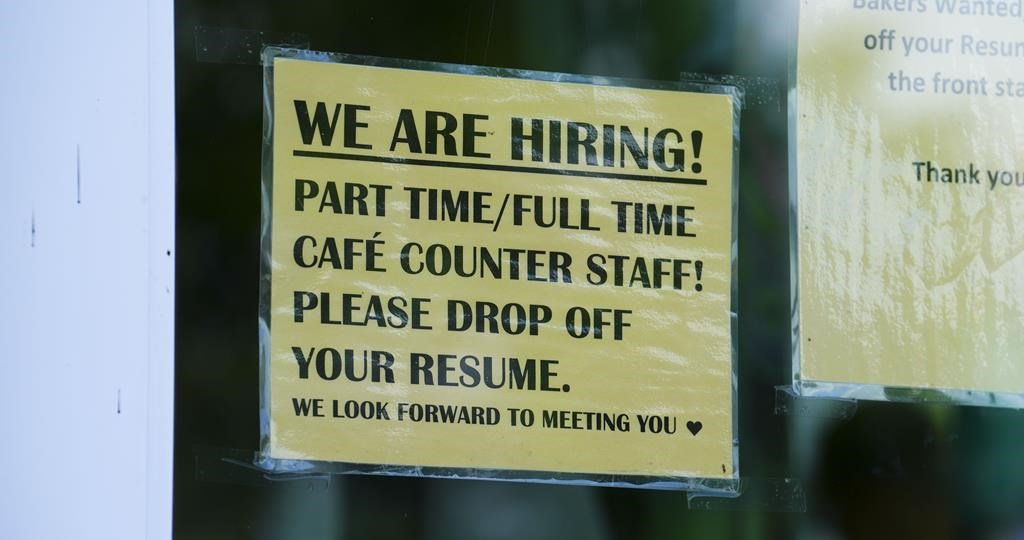Canadian Property Market Faces Warning as China’s Real Estate Troubles Continue
The global economy has been eagerly anticipating China’s post-COVID economic boom, but it seems that this boom has not materialized. In fact, analysts are suggesting that Canada should take another reminder to reduce its reliance on China. The main concern is China’s oversized property market, which reportedly makes up more than 25 percent of its economy. This puts commodity prices at risk, as they have been receiving a long-term boost from China’s excessive real estate construction.
Avery Shenfeld, the chief economist at CIBC, has warned that a crash in the property market could potentially impact China’s demand for raw materials, leading to reduced prices for Canada’s resource exports. However, Shenfeld also pointed out that a slowdown in exports would be beneficial for Canada in terms of lowering elevated inflation and reducing the need for higher interest rates.
Ian Lee, a business professor at Carleton University, believes that Canada’s decoupling from China will primarily be driven by its desire to avoid angering the United States. He states that while China’s economic fragility and uncertain long-term prospects are important factors, Canada’s need to maintain a positive relationship with the US will be a key driver in the decoupling process. Lee also expresses pessimism about China’s future, predicting that it will become less economically relevant over time.
There are several reasons for Canada’s decoupling from China. In addition to China’s economic weaknesses, Mr. Lee emphasizes the need for Canada to avoid alienating the United States, particularly in sensitive and high-tech industries. This means that the decision to decouple from China will not be solely based on China’s expanding economic crisis.
China’s economic troubles are becoming increasingly apparent. While central banks in Canada and the United States have been raising interest rates to combat inflation, China’s central bank has been cutting rates to stimulate its economy and increase demand. However, Chinese banks lent the smallest amount of monthly loans since 2009 in July, indicating weak demand in the economy. Both exports and imports in China are declining, and Chinese stocks reached a nine-month low on August 21 in response to the Chinese central bank’s smaller-than-expected stimulus program. Furthermore, China’s currency is trading at near its lowest levels since 2007, and youth unemployment is at a historic high, although official data is no longer being reported
Mr. Lee also points out that China’s aging population is another structural problem facing the country. Additionally, Mr. Lee attributes China’s economic difficulties to its centrally planned economy. While authoritarian regimes can initially see economic gains through forced labor and infrastructure development, they struggle to innovate and sustain further economic growth.
China’s massive debt levels at every level of government and in the business sector are seen as a symptom of deeper structural issues. Unlike most free democracies, China’s economy is not based on consumption but rather on investment. This has resulted in a misallocation of resources and significant indebtedness. China has relied heavily on its property sector for growth, but this strategy is showing signs of strain.
To revive China’s economy, Beijing may need to provide more stimulus for domestic consumption and take steps to protect its financial system from losses related to real estate lending. However, excessive debt poses a long-term obstacle to growth and prosperity.
Canadian pension funds have faced criticism for increasing their investments in China over the years, but institutional investors are now seeking better returns and safer investments elsewhere. With higher interest rates in the United States compared to China, capital is likely to flow out of China in the coming years.
Both Shenfeld and Lee believe that the next phase of growth for Canada and other democracies will involve reducing reliance on China.
Source link




